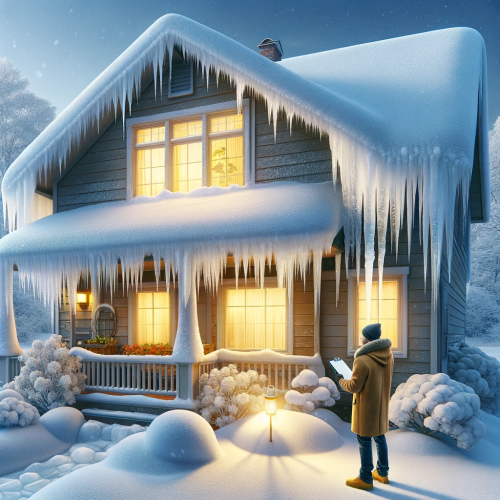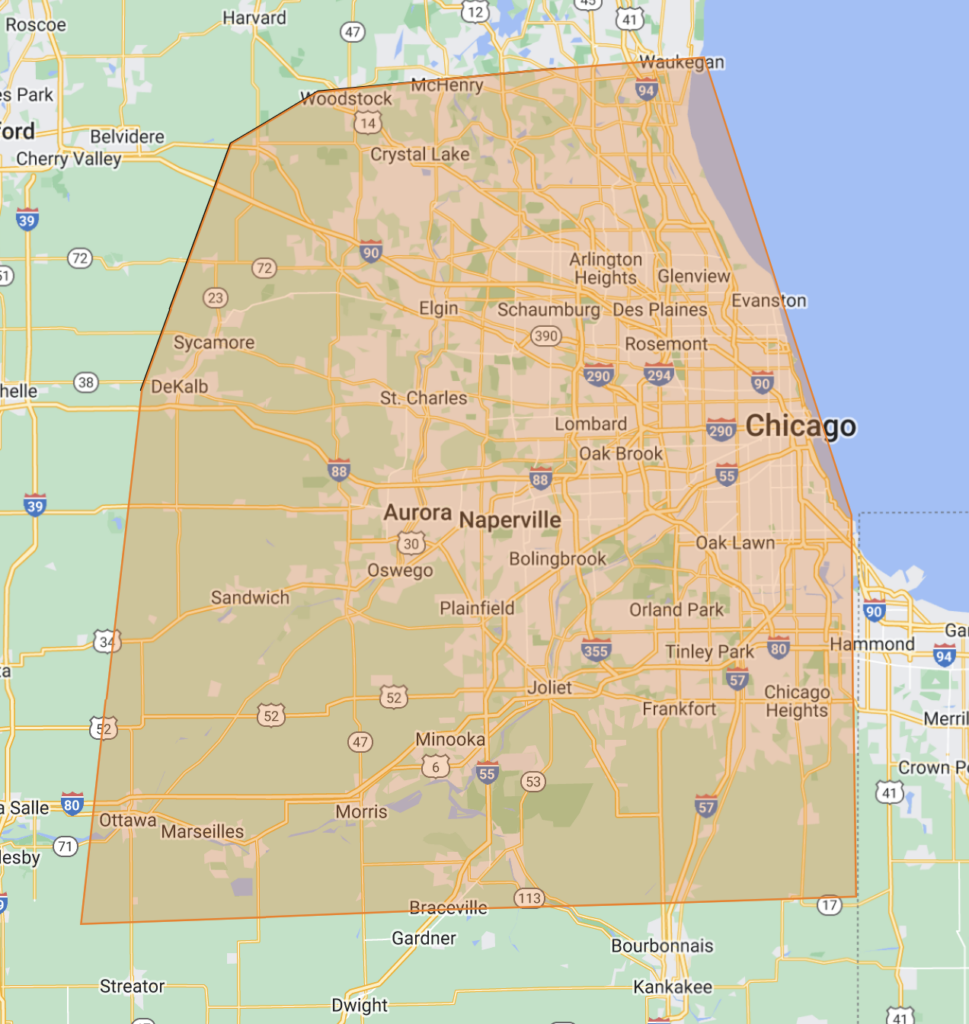In the chilly winter months, homeowners face a unique set of challenges that can wreak havoc on their homes if not properly addressed. From freezing pipes to a struggling furnace, there are a multitude of issues that can arise during the cold weather. As winter approaches, it is important for homeowners to be aware of these common problems and take proactive measures to prevent them. This article provides valuable tips to help homeowners keep their pipes from freezing, maintain a healthy furnace, and recognize potential problems that may arise. By following these tips, homeowners can avoid costly repairs and ensure their homes are comfortable throughout the winter season.
Identifying Common Winter Problems: A Home Owner’s Handbook
The Major Impact of Snow and Ice on Your Home
Snow and ice can have severe effects on your home during the winter months. The weight of snow accumulation can strain the structural integrity of your roof, leading to potential collapse in extreme cases. Ice dams, which form when heat escapes through the roof and melts the snow, can create pools of water that eventually seep under shingles and into your home, causing water damage and mold. Moreover, icicles, while picturesque, can pose a danger to both people and pets when they fall. Gutters and downspouts can also become clogged with ice, preventing proper drainage and possibly resulting in water backing up into the house. It is essential for homeowners to monitor snow and ice buildup and take immediate action to mitigate these risks to maintain the safety and integrity of their homes.
Freezing Pipes: Why They’re a Problem and How to Avoid It
Frozen pipes are more than just an inconvenience; they can be a costly nightmare for homeowners. When water freezes inside pipes, it expands, potentially causing pipes to crack or burst. This can lead to significant water damage, mold growth, and disruptions in water service. To prevent pipes from freezing, it’s important to keep your home at a consistent temperature, even when you’re not there. Insulating pipes, especially those in unheated areas like basements, attics, and garages, is crucial. During particularly cold spells, letting faucets drip slightly can keep water moving and reduce the risk of freezing. Homeowners should also know how to shut off the water supply in case a pipe does burst, to minimize damage. By taking these preventative steps, you can protect your home from the costly damage caused by frozen pipes.
Keeping Your Furnace in Top Shape
A well-functioning furnace is the heart of a warm and cozy home during winter. Ignoring your furnace can lead to decreased efficiency, higher heating bills, and the risk of failure when you need it most. To keep your furnace in top shape, start with replacing the air filter regularly; a dirty filter restricts airflow, causing the furnace to work harder. Additionally, have a professional perform an annual inspection and maintenance before the cold season starts. They can identify and fix small issues before they become big problems. Keep the area around your furnace clear of debris to ensure proper airflow and reduce fire hazards. Lastly, be attentive to unusual noises or a yellow pilot light flame, as these can be signs of a problem. Remember, preventative maintenance can extend the life of your furnace and help you avoid emergency repairs on the coldest days.
Undeniable Signs of Winter Damage in Your Home
Identifying Issues in the Home’s Exterior
The exterior of your home is your first line of defense against winter’s harsh conditions. Visible signs of winter damage can include cracked or missing shingles on the roof, which may lead to leaks. Look out for ice dams along the roof’s edge, a clear indicator of potential roofing issues. Siding can also be affected; warping or cracking might suggest that moisture has penetrated and could cause internal issues. Inspect your home’s foundation for cracks that can be exacerbated by the freeze-thaw cycle. Don’t overlook the gutters; they should be securely attached and free of ice buildup to ensure proper drainage. Peeling paint, particularly on wooden surfaces, can be a sign of moisture retention and could lead to decay if not addressed. Regularly checking the exterior of your home and addressing these issues promptly can prevent more significant problems down the line.
Problems to Look Out for Inside Your Home
When assessing winter damage inside your home, be vigilant for signs that can indicate larger issues. Drafts around windows and doors suggest that seals may be worn, which can lead to increased heating costs and discomfort. Visible water stains on walls or ceilings are often the result of ice damming or leaks from the exterior, requiring immediate attention to prevent mold growth. Cracks or gaps in caulking and weather-stripping should be sealed to maintain insulation. Notice if doors or windows become difficult to open, as this may be a sign of the house settling due to frost heave. Pay close attention to any musty odors or visible mold spots, as these can indicate moisture problems. Ensuring your home is well-insulated and promptly addressing these issues can help maintain a warm and safe environment throughout the winter season.
Key Areas to Inspect: Attic, Basement, and More
Certain areas of your home are more susceptible to winter damage and require careful inspection. The attic should be checked for proper insulation and ventilation, which can prevent ice dams on the roof. Look for signs of water intrusion, such as wet insulation or staining on the attic floor, which can indicate leaks. In the basement, beware of water seepage or cracks in the walls, which can result from the freezing and thawing of the ground. Check the integrity of window wells, as they can collect water and cause leaks. Don’t ignore crawl spaces; they should be dry and well-ventilated to prevent mold growth and structural damage. Lastly, inspect your heating system, water heater, and pipes for any signs of distress or inefficiency. Regular inspections of these key areas can help you catch and address problems early, avoiding more significant damage.
Chicagoland Home Advice: Preparing Your Home for Winter
Winter-proofing: A Crucial Step Every Home Owner Should Take
Winterizing your home is an essential process for any homeowner, particularly in Chicagoland where winters can be severe. To start, ensure your heating system is serviced and the filters replaced to improve efficiency and longevity. Seal gaps around windows and doors with weather stripping or caulk to prevent heat loss. Insulate pipes that run through unheated areas to prevent them from freezing and bursting. Clean and inspect the gutters to prevent ice dams and water damage. Installing storm windows or using insulating window film can add an extra layer of protection against the cold. Don’t forget to protect your outdoor spigots by turning off external water sources and draining the pipes. Taking these steps not only keeps your home warm and dry but also can save on heating costs and prevent costly repairs in the future.
Taking Pre-emptive Action: Inspecting Before Winter Hits
Taking proactive steps before winter can save homeowners from the stress and cost of emergency repairs during the coldest months. An essential pre-winter action is to have a thorough home inspection performed by a qualified home inspector. This can reveal potential vulnerabilities in your home’s structure and systems that could be exacerbated by winter weather. Inspectors can check for adequate attic insulation, which is crucial for preventing heat loss and ice dams. They will also assess the condition of your furnace, chimney, and any other heating elements to ensure they are ready to function efficiently. In Chicagoland, where winters can be particularly harsh, it’s also wise to clear away dead tree limbs that could fall under the weight of snow and ice. By addressing these issues in the fall, homeowners can rest easier knowing their homes are prepared to withstand the winter ahead.
Ensuring a Healthy Home in Winter
Importance of Regular Home Inspections
Regular home inspections are vital in maintaining a healthy home, especially during the winter months. These inspections can be thought of as a check-up for your house, identifying potential problems before they become serious. A professional home inspector can assess your home’s heating system to ensure it is operating efficiently and safely. They can also detect any insulation issues or drafts that could lead to higher energy costs and a less comfortable living environment. By catching issues such as moisture accumulation or potential structural concerns early, homeowners can prevent mold, property damage, and expensive repairs. In regions such as Chicagoland, the freeze-thaw cycle can severely impact a home’s foundation and exterior. Scheduling regular inspections, ideally before the winter season begins, is a proactive step every homeowner should take to protect their investment and ensure their home remains a safe and warm haven throughout the winter.
Plan Your Home Inspection with a Trusted Advisor
Choosing the right home inspector is a critical decision for homeowners. A trusted advisor in home inspection can provide peace of mind by offering reliable service and expert advice. When planning your home inspection, look for a professional with a strong track record in the Chicagoland area, who understands the unique challenges posed by local weather conditions. An expert home inspector will not only perform a comprehensive assessment of your home but also provide practical home advice to maintain its condition through the winter. It’s important to select someone who communicates clearly and directly, explaining the findings and their implications for your home’s health. They should also help prioritize any necessary repairs or improvements. Partnering with a trusted advisor for your home inspection needs ensures that you have the support and knowledge to keep your home in optimal condition, no matter what the winter brings.
CTA: Secure Your Home Today with Castle Inspectors
In the face of winter’s demands, securing your home with a thorough inspection is a smart move. Castle Inspectors is here to help you do just that. Our team of experienced professionals provides comprehensive home inspections that cover every nook and cranny, ensuring your peace of mind. We understand the importance of protecting your investment and offer detailed assessments to keep your home safe and sound. With our knowledge of Chicagoland’s specific challenges, from Naperville to Geneva, we’re equipped to provide the expert advice you need. Don’t let winter catch you off guard. Schedule a home inspection with Castle Inspectors today and rest assured that your home is ready to withstand the cold. Visit www.castleinspectors.com to book your appointment 24/7, and take the first step toward a safer, healthier home this winter.




